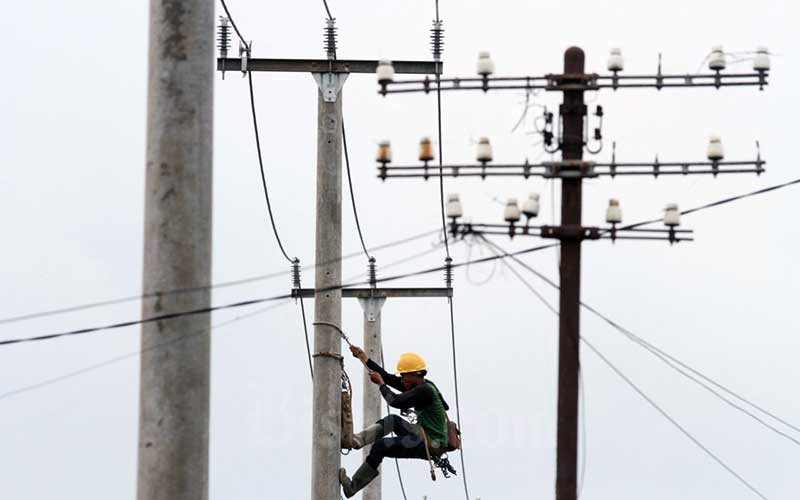[ad_1]
– Advertisement –

My last essay was about FGM, and the legislator Almameh Gibba who wished to lift the ban on it. He argued that the ban violated citizens’ rights to “practice their culture and religion” in the The Gambia and I argued that this is nonsense. Mr Gibba is a representative of the patriarchal community, deeply rooted in the past, but has no bearing in a modern society. We wish to think of The Gambia as a modern society, don’t we? A society that is trying to prove that it belongs in a world respecting the human rights for all its citizens? A society we wish that other countries around the world speak of in a respectful way? A society that has left its ugly past behind it, and that wishes to evolve?
Patriarchy comes from a Greek word meaning “rule by fathers” and describes a system of social organisation in which the most influential societal roles are reserved for men, whilst women are excluded from achieving parity with men. This exclusion is achieved by restricting women’s social, educational, medical or other rights and imposing restrictive social or moral norms.
When we look at the medical rights for women, we still don’t have clinics all over The Gambia where pregnant women can meet skilled doctors and nurses. Examination with ultrasound is available, for those who can afford it. It is necessary to be able to check the baby’s health, but not many can afford that.
– Advertisement –
A woman who is affected by FGM is risking both her and her baby’s life at childbirth. If the woman survived the cutting at young age, she has suffered numerous times after that. What is her pain and suffering worth in a patriarchal society? Not much, if we ask legislator Gibba.
Patriarchy is a socially-constructed system where males have primary power. Patriarchy is regressing the society, it is a social construction based on tradition and a lacking of knowledge. It can also be based on a subconscious fear for the stronger sex. Physically, most men are stronger than women when it comes to tasks that require plain muscle power. When it comes to perseverence, the roles are the opposite.
The strength you need to push out a baby at childbirth is an achievement that lasts for many hours, without a break and without the opportunity to say that you wish to stop.
– Advertisement –
The pain will last until the child is born, either it will take 4 hours or 18 hours as it did for me. Pushing out a baby is not for the weak, it is hard work, exhausting and sometimes dangerous.
Patriarchy, like most forms of oppression, has a way of trying to convince us that things are the way they are because they have to be, that they have always been that way, that there are no alternatives and that they will never change. In a patriarchal society we say that women have always suffered giving birth and that is normal. Well, the pain is normal, but dying from trying to give birth and being unable because the woman’s body is mutilated is not normal. It is barbaric and must end at once!
Patriarchy holds up the traditional male qualities as central, while other qualities are considered subordinate. The attributes of power, control, rationality, and extreme competitiveness are examples of these traditional male qualities. Emotional expressiveness, compassion, and ability to nurture are examples of subordinate qualities in patriarchal systems. So are men unable to be nurturing and compassionate? Are women unable to be powerful and rational? Of course not, is the answer to both questions! It is a matter of personality traits, as well as innate abilities.
Not all men are born to be leaders as well as not all women are born to be housewives. It is mostly a matter of opportunities in life, of the gender roles we are given by the society. Too many of both gender have no choice but to accept the roles they are given in life. Some are pragmatical and learn to accept and live with it, others struggle and find it very hard to adjust to a life where they have little or no chance to influence their lives. For a person born in poverty and with just some basic school background, climbing up the society ladder is tougher than for others.
For women it is often harder than for men, as women are mostly bound to the home by tradition, religion and family. Men have always been more free to explore the world, some without a conscience and have left the home, the wife and children, when they found the demands being too tough. Women never have the same possibilities to leave everything behind, they can’t leave their children and if they do, they will be doomed by the society in a completely different way than men. More often we hear of men who live abroad and who come home to visit the family once a year, than we hear of women doing the same. If so, we find it very strange that women choose to live without their families. There must be something wrong with them! Do we say the same about men in the same situation? No, we don’t!
Let us take a look at how a patriarchal society is affecting the men. This system comes with a lot of pressure on men. They are supposed to be strong, both physically and mentally, driven and able to support both their nearest family, as wife and children, but also their extended family. When I have discussed the matter with young men, in The Gambia, they tell me that the expectations upon them are many times very hard to handle. They hesitate to get married , because they know that they are immediately forced to support not only the wife, but also many others on both sides.
We might consider this system as some kind of safety net, but the downside is the pressure on the breadwinner. The system also supports a lot of ”leeches” who stay around the compound, expecting to be fed and clothed, but they don’t contribute with anything themselves. In an equal society we expect both men and women to contribute. We respect one another and allow everyone to develop their skills. We give the opportunities to women to study and also work, even though they have children. We allow men to take part in raising their children and to be an active part of the household without being considered as less male. We lift the unnecessary pressure from each others’ shoulders and look at how we can contribute to develop our homes as well as our society.
We can’t go backwards into the future, we must take the best parts of the past with us and forget the rest.
My last essay was called ”Back to the bad old days”. Is that what we want for The Gambia? Learn from the past, but don’t repeat it, that is the only way forward.
[ad_2]
Source link




